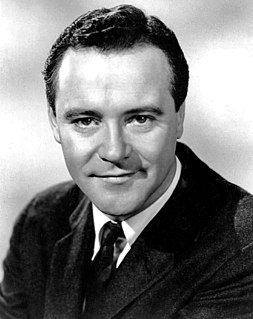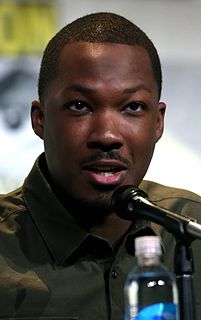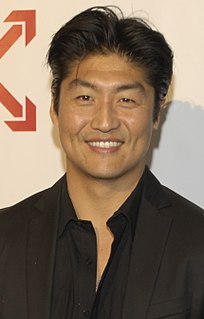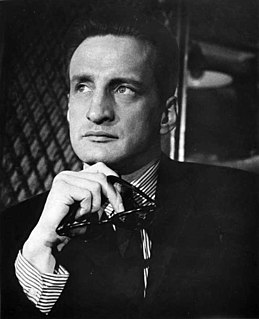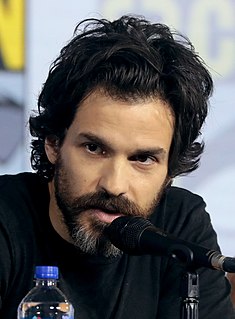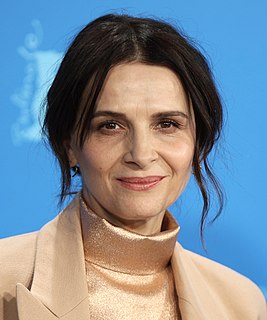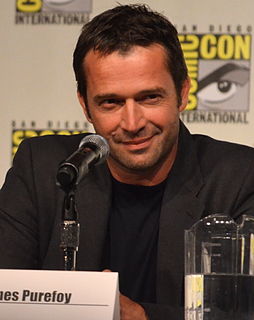A Quote by Jack Lemmon
Part of an actor's job is to actually adopt the world-view of the character she is playing and to tell the story from that vantage point. If an actor represses large aspects of their personality, they will have a severely limited range and castability. Great actors cultivate effortless access to their subpersonalities. Many acting teachers call this 'freeing your instrument.'
Related Quotes
The ability to stretch my range into all genres and characters is something I take great pleasure in doing. I thoroughly enjoy it. I consider myself a character actor, though some think of me as a leading man. As an actor, I love shifting gears from character to character, and the more range I can expand, the better.
I became an actor to escape my own personality. Acting is the most therapeutic thing in the world. You see, through acting you come full circle in your personality and, oh, what a grand time you can have along the way being wonderful people through your characters...I think all the courage that I may lack personally I have as an actor.
I'm not that complicated as an actor. I have a formula in which I work, yeah. But not like Sean Penn does. Sean is one of the few actors I know who can work like that, actually becoming the character he is playing, and get consistent results. I don't believe you can ever be someone else. You manifest different levels of your own personality to come up with a character.
I don't want to take shots at professional actors, because obviously the great ones are great. But I do think that given the kind of stories I've been telling in my films, it's hard for me to imagine how professional actors would have done better. And it's easy for me to imagine how they would have done worse. Because I think a lot of what an actor is trained to do and a lot of what an actor's instincts point toward is clarification, is always making it clear what's happening in the story, how the character fits into the scene, what the character wants.
